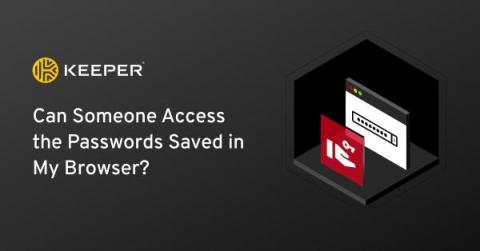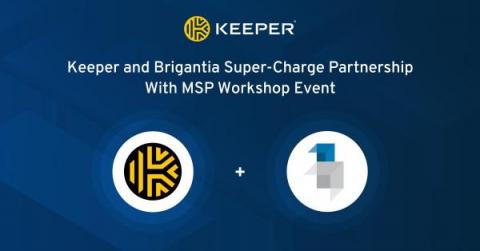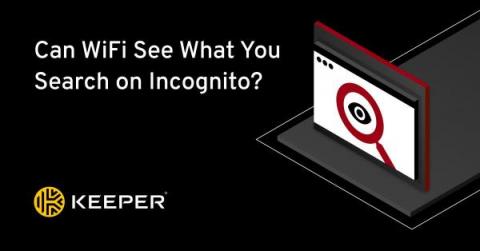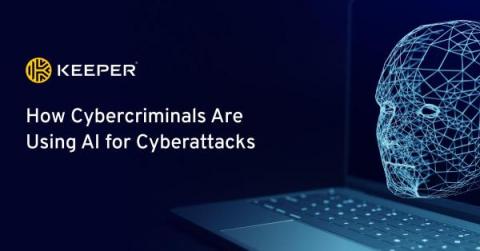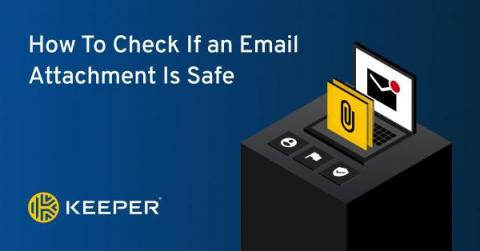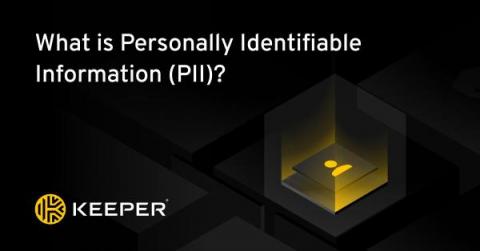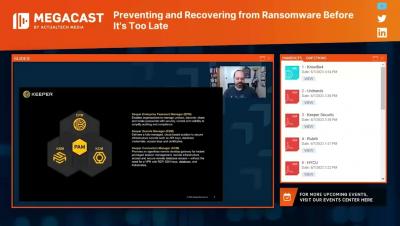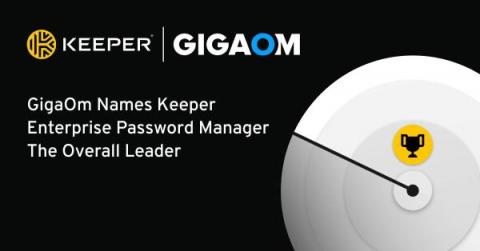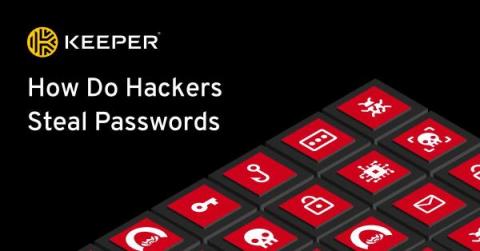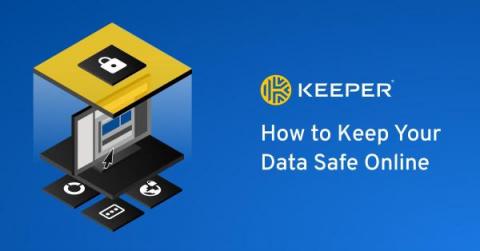Can Someone Access the Passwords Saved in My Browser?
Yes, anyone who has access to your web browser or uses malicious software to hack it will be able to access the passwords saved in your browser. These known security flaws in browser password managers are often ignored because they are convenient to use. However, your passwords are not secure in a browser password manager. Continue reading to learn more about the risks of using browser password managers and what you should use instead.


